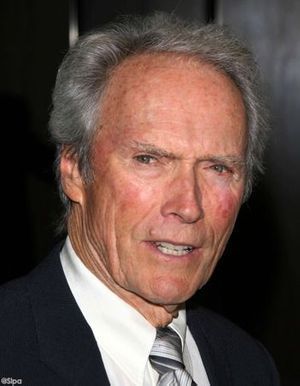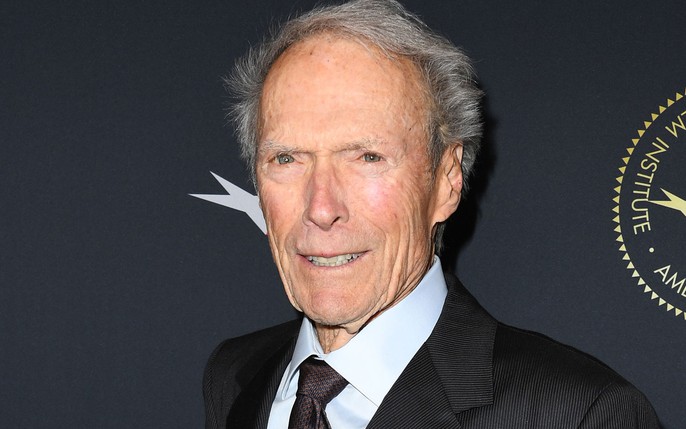In a move that has stunned the entertainment industry, legendary actor and director Clint Eastwood has returned all six of his Oscars, denouncing Hollywood as “morally bankrupt.” The decision, announced in a heartfelt and candid letter, has sparked intense debate and reflection within the film community.

Eastwood, a revered figure in cinema with a career spanning over six decades, made his feelings clear in the letter addressed to the Academy of Motion Picture Arts and Sciences. He expressed his growing disillusionment with an industry he believes has lost its way, prioritizing profit and sensationalism over artistic integrity and ethical standards.
“Hollywood has changed,” Eastwood wrote. “What was once a haven for creativity and artistic expression has become a marketplace where integrity is a commodity to be traded. I can no longer, in good conscience, be part of this system.”
Eastwood’s critique of Hollywood’s moral direction is not entirely new. He has previously voiced concerns about the industry’s treatment of complex social issues, its tendency to promote superficial content, and its handling of diversity and representation. However, his latest action-returning the Oscars he worked so hard to earn-marks a significant escalation in his stance.

The Oscars Eastwood returned include those for his iconic films “Unforgiven” and “Million Dollar Baby,” both of which won Best Picture and Best Director, among other accolades. These films are not only milestones in Eastwood’s career but also important works in American cinema. His decision to relinquish these honors underscores the depth of his convictions.
Reactions to Eastwood’s statement have been mixed. Many of his peers in Hollywood have expressed sympathy and respect for his decision, acknowledging the validity of his concerns. Others, however, argue that while the industry has its flaws, sweeping condemnations and symbolic gestures are not the solution.
Prominent figures in the film industry, including directors, actors, and producers, have weighed in on the controversy. Some have called for a serious introspection and reform within Hollywood, while others have defended the industry’s efforts to evolve and address its shortcomings.

Eastwood’s departure from the Oscars conversation has also reignited discussions about the purpose and impact of award ceremonies. Critics argue that such events often reflect industry politics more than genuine artistic achievement. Eastwood’s action may encourage a broader reassessment of how success and merit are recognized in Hollywood.
As the dust settles, it is clear that Clint Eastwood’s dramatic statement has left a lasting impact. It serves as a powerful reminder that even in an industry defined by its glitz and glamour, questions of morality and integrity remain deeply relevant. Whether Hollywood will heed Eastwood’s call for change remains to be seen, but his bold move has undoubtedly sparked a necessary conversation.
Eastwood’s legacy in cinema is secure, but his recent actions highlight that for him, true artistry transcends accolades. By returning his Oscars, Eastwood has reinforced his commitment to the values he holds dear, challenging Hollywood to reflect on its own principles and practices.





